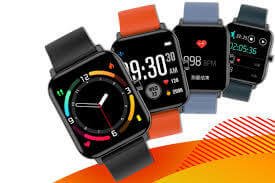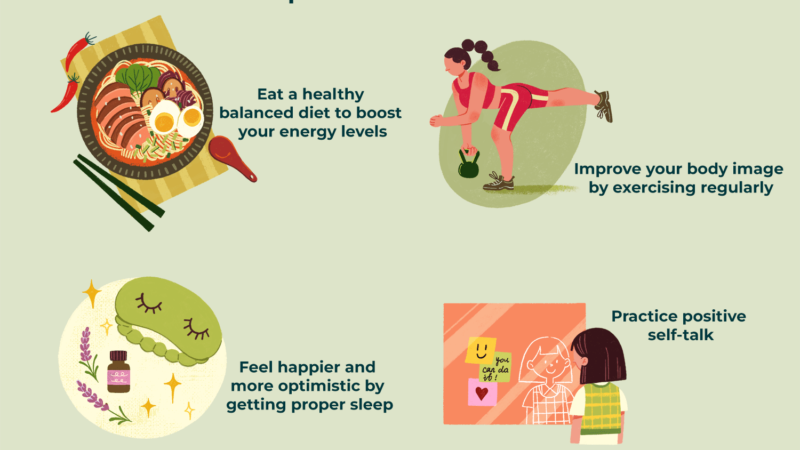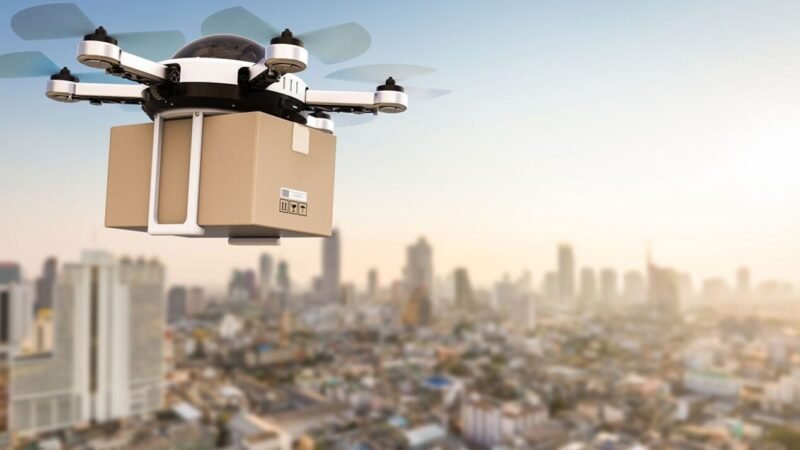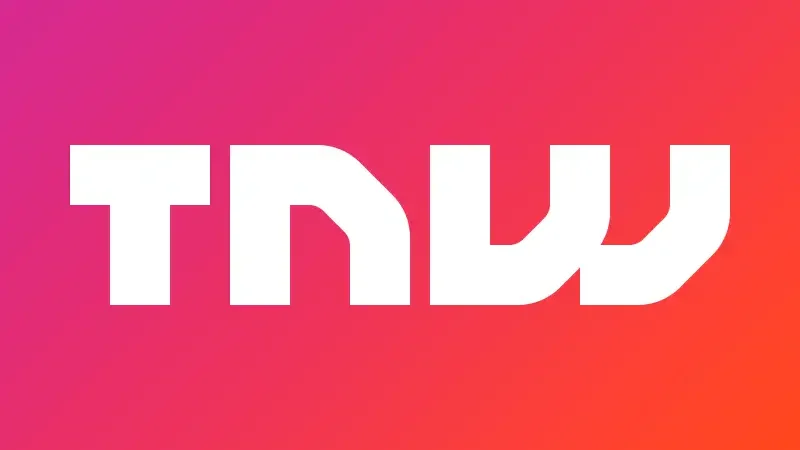Smart watch

Although the smart watch is not as widespread a device as the mobile, the search for a healthy life is encouraging many people to integrate this electronic device into their daily lives. And, although many use it as a monitoring tool in the sports field – especially runners – there are versions with simpler features designed to record any daily activity, such as steps or sleep, among others.
Due to the enormous amount of useful data that smartwatches collect about our health, insurers have already begun to take advantage of it. Thus, Insur Techs are beginning to implement them among their clients in exchange for an economic benefit. But why is a smart watch so interesting for these types of companies?

What is a smart watch?
A smartwatch is a digital watch that offers more functions in addition to telling the time, generally linked to body monitoring and focused on activity or sport. Among the most notable features of this type of device are heart rate monitoring, physical activity tracking, counting calories burned, tracking sleep or even receiving messages and calls.
In addition, the smart watch has an application that users can download to their mobile, and thus, view all this data in a simple and graphical way. Through all this data -which is collected using a very cutting-edge technology, and that we would normally only know in a medical review- the information provided by the system is very complete. For example, activity tracking is done thanks to the built-in accelerometer and heart rate monitor. Also, through a GPS, the sports smartwatch can accurately track and record outdoor races, hikes, walks in the mountains or trekking, among others.
What data do insurers get through the use of these devices?
Insurers, and especially Insur Tech, are making use of the data they obtain from these types of systems to adapt their business strategy. On the one hand, through the digital wristwatch they obtain personalized information from each of the users, who are offered various advantages for achieving objectives, such as performing a certain number of daily steps, reaching a percentage of activity or consuming a weekly number of calories.
In this way, insurance companies get users to share their metrics with them, and thus, they are able to make very accurate estimates. In this sense, they can determine whether the daily life of people who wear a smart watch is sedentary or active, and in this way, they decide whether to raise or lower the life insurance premiums, for example.
Likewise, determining the heart health status of customers in a general way is also essential to adapt the offers to each case: a combination of the data of age, measurements, heart rate and daily activity, can deduce the percentage of users who could have heart problems, such as cholesterol or arrhythmia.
One of the less popular metrics, but of great impact for insurers, is that through a digital clock it is possible to know the oral hygiene of a person. When users brush their teeth, they perform a characteristic wrist movement that the device is able to identify in order to later know if users are properly cleaning their teeth. If not, insurers create offers and discounts for those clients, since they know that in these cases, dental insurance will have a higher volume of demand.
The wearables in the future: a must in the health sector
The artificial intelligence insurance through wearables is changing the market, and although the unit best known is the smart watch, which is expected in the year 2022 120 million units sold worldwide , it seems that in the future, users will carry more than one smart device, such as shoes or glasses.
Therefore, with the rise of digital devices, new metrics will also appear that are expected to be related to health. So not only will insurers obtain more precise data about the state of people, but these elements will be key to improving the physical condition of the world population, since they will be trained to warn of risks of heart attack, sedentary lifestyle, arrhythmias, temperatures high body levels, alterations in blood pressure, the response of the immune system or even hormonal abnormalities.
Ultimately, technological advances will help to respond to diseases as quickly as possible, but also to do so even without the first symptoms manifesting. As a result, global health will improve markedly, and furthermore, insurers will be able to adapt their business offerings thanks to huge volumes of useful information collected by various electronic devices.






